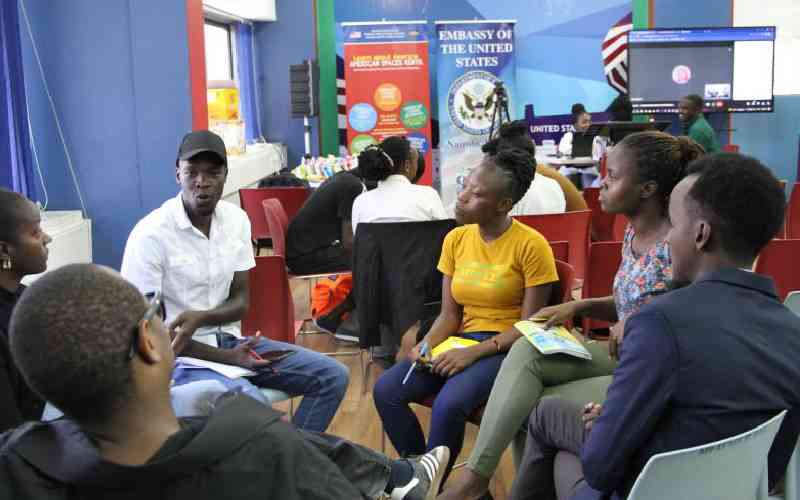
There's a deceptive feeling about education that makes youth shudder with horror at the thought of staying in rural areas to engage in full-time farming.
In the minds of those graduating from college today, it's cool to be famished inside shanties in urban slums - ravaged by thirst and hunger - as long as they have a job in the city. The love for white collar jobs has become what one would call a 'fool's gold'. The misguided labour market indoctrination persists yet we've lost not just the job creation battle but also income equality race. Africa has six of ten countries most affected by economic inequalities.